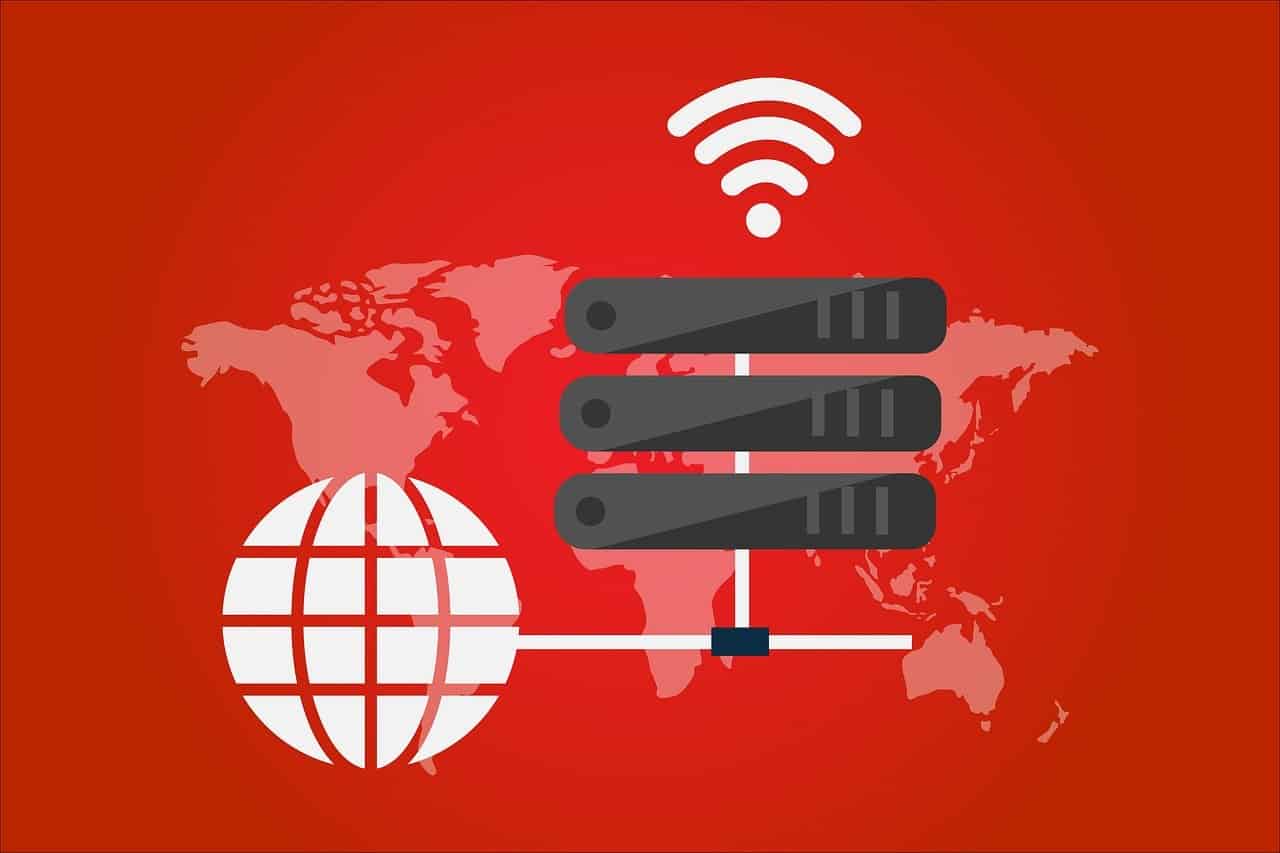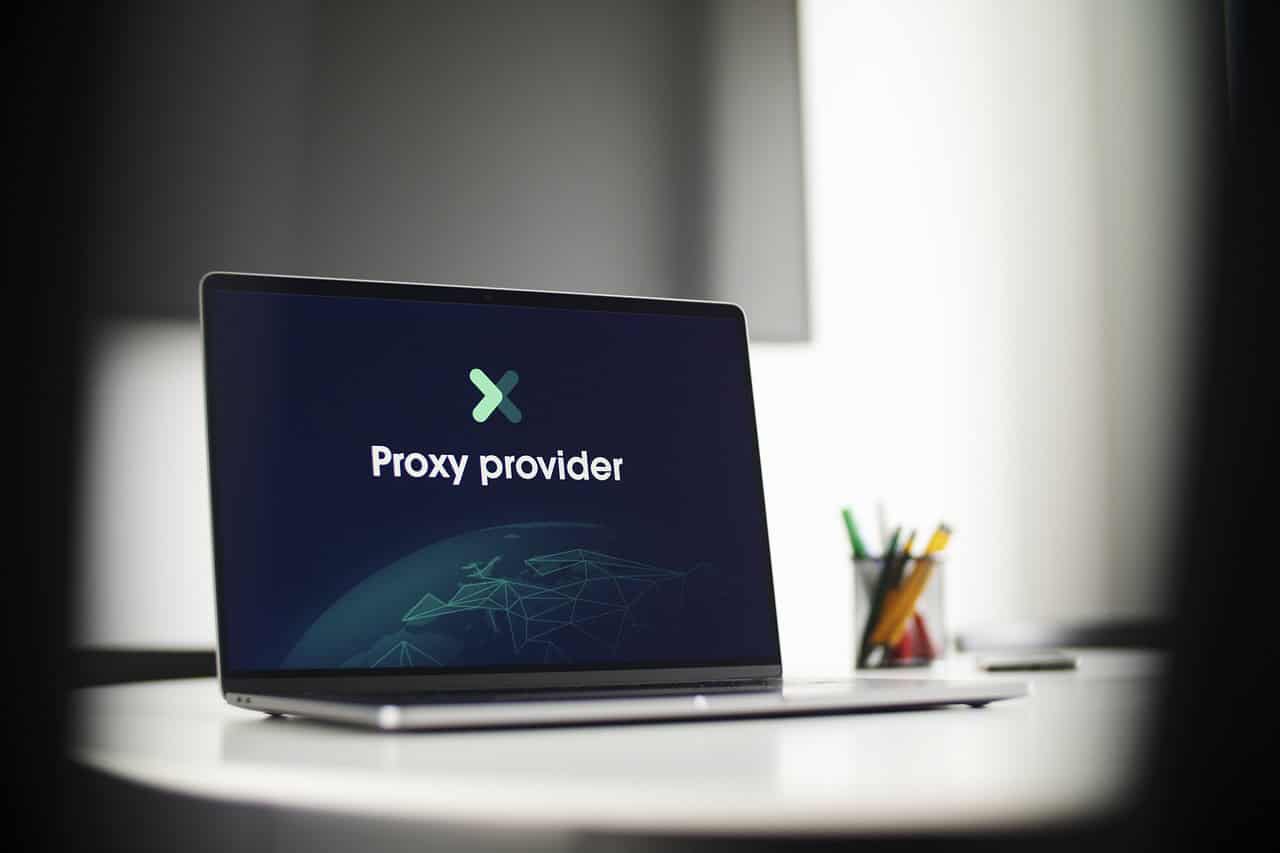Certain websites may be hard to access because of workplace policies, school firewalls, or location-based restrictions. Proxies act as a middleman between users and the internet, offering an alternative way to reach these websites without directly connecting to them. There are different types of proxies, from easy-to-use free services to more advanced systems that provide better privacy and stability. Proxies are helpful for people who want to get around internet restrictions and improve their online privacy. While free proxies are available and can be useful for temporary access, dedicated proxy services offer a more reliable and secure experience. They provide clean proxies that make it harder to track or block users. Additionally, they are often faster and more stable than free proxies.
Unmasking the Web: Top Proxy Picks for Unrestricted Browsing
Why Use a Proxy?
Proxies act as middlemen between you and the websites you visit. They mask your IP address, making it appear as if you’re browsing from a different location. This not only enhances privacy but also lets you bypass geo-restrictions to access content that might be blocked in your region.
How to Choose the Right Proxy Service
When selecting a proxy service, consider the following factors:
- Security: Look for services that offer encryption to protect your data.
- Speed: Fast connection speeds ensure smooth browsing and streaming.
- Server Locations: A wider range of server locations gives you more flexibility to access content from different regions.
- Pricing: Compare prices to find a service that fits your budget.

Top Proxy Service Providers
| Provider Name | Key Features | Pros | Cons |
|---|---|---|---|
| Smartproxy | Large pool of residential and data center proxies, unlimited threads | Extensive network, flexible pricing | Shared IP pool |
| Oxylabs | High-performance proxies, excellent customer support | Fast speeds, reliable service | Expensive |
| Bright Data | Largest proxy network, advanced features | Wide range of options, powerful tools | Complex pricing structure |
| Private Internet Access (PIA) | Strong encryption, no-logs policy | Secure and private, good for torrenting | Limited server locations |
| IPVanish | Fast speeds, unlimited connections | Great for streaming, easy to use | No free trial |
Free vs. Paid Proxies
Free proxies might be tempting, but they often come with downsides like slow speeds, limited security, and unreliable connections. Paid proxies offer better performance, more features, and stronger privacy protection.
Proxy Types
- Residential Proxies: Use real IP addresses from residential devices, providing the highest level of anonymity.
- Data Center Proxies: Faster and cheaper than residential proxies but easier to detect.
- Mobile Proxies: Use IP addresses from mobile devices, offering a unique set of use cases.
Ethical Considerations
While proxies can be useful, it’s important to use them responsibly. Avoid using proxies for illegal activities or to violate website terms of service. Always prioritize privacy and security when browsing online.
Please note: The information provided here is for informational purposes only and should not be considered as professional advice. Always do your own research before choosing a proxy service.
Key Takeaways
- Proxies act as intermediaries and can bypass restrictions.
- Dedicated proxy services offer better stability and security.
- Free proxies are useful but less reliable than paid services.
Understanding Proxy Services and Their Uses
Proxy services offer ways to access the internet with a different IP address. They help improve online privacy and unblock websites that users cannot reach directly.
Proxy Types and Protocols
Types of Proxies:
- HTTP Proxies: These work with web browsers to access websites with speed and efficiency.
- HTTPS Proxies: Similar to HTTP, but they add SSL encryption for better security.
- SOCKS Proxies: These are versatile and handle all types of traffic but might be slower than HTTP proxies.
Protocols Explained:
- SSL Encryption: Adds a security layer to internet connections.
- IP Address: The numerical label assigned to each device connected to the internet.
Common Use-Cases for Proxies
One common use of proxy servers is to unblock websites blocked in a user’s country or network. Students and workers often use proxies to access content and information they need when blocks are in place. People also use proxies for privacy. This helps to keep their internet activities away from prying eyes.
Legal and Ethical Considerations
When using proxies, it is important to respect laws and regulations. While it is legal to use a proxy to maintain privacy or access publicly available information, bypassing legal restrictions or engaging in unauthorized activities can lead to trouble. Users must use proxy services ethically and responsibly.







